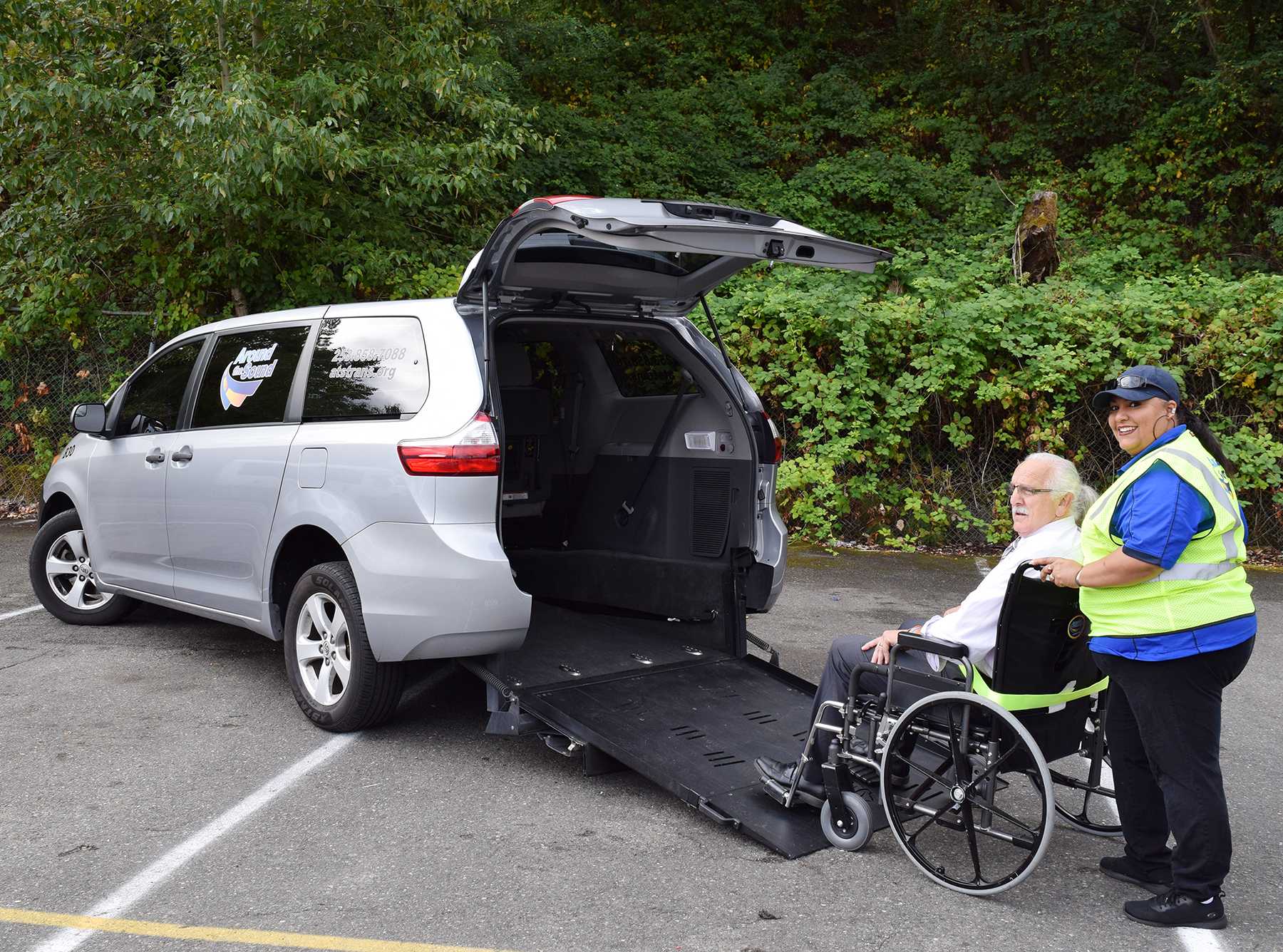Budget-friendly and Accessible Medical Transport Options for Every Situation
In the realm of health care, the capacity to accessibility medical solutions is critical, yet the difficulty of inexpensive and accessible transport can typically impede individuals from receiving essential care. While some may have the methods to secure personal transport, lots of face challenges that make it difficult to reach medical appointments or centers. The landscape of clinical transport choices is evolving, using a variety of solutions tailored to numerous needs and circumstances. By exploring specialized clinical transport solutions, neighborhood transportation programs, ride-sharing and taxi solutions, non-emergency clinical transport, along with public transportation and paratransit alternatives, people can locate methods that satisfy their particular demands and guarantee they obtain the care they require.
Specialized Medical Transport Solutions
Specialized clinical transport solutions play a vital duty in ensuring secure and effective transportation for individuals needing specialized care during transit. These services provide to patients with one-of-a-kind clinical needs, such as those requiring constant surveillance, specific equipment, or clinical interventions during transportation. By using particularly complete lorries and trained clinical employees, specialized medical transportation services ensure that clients obtain the required treatment while being transferred in between health care facilities, homes, or other areas.
One trick aspect of specific clinical transport solutions is the concentrate on individual comfort and safety and security. Clinical transportation teams are trained to handle numerous medical problems and emergency situations that might occur during transit, offering a greater level of treatment than standard transportation alternatives. In addition, these solutions usually use door-to-door help, minimizing the anxiety and discomfort that people might experience during transfers.
Neighborhood Transportation Programs
Having resolved the critical duty of specialized medical transport solutions in ensuring safe and efficient transportation for individuals with special medical requirements, the emphasis currently changes to examining Neighborhood Transport Programs - medical transportation. These programs play an important duty in providing affordable and easily accessible transportation options for the general populace, including senior citizens, people with disabilities, and low-income households that might face challenges in accessing typical transport choices
Neighborhood Transport Programs encompass a variety of services such as fixed-route buses, paratransit solutions, volunteer driver programs, and ridesharing efforts. These programs are frequently subsidized by city governments, charitable organizations, or exclusive companies to guarantee that individuals have reliable transportation alternatives to reach medical appointments, food store, social tasks, and various other vital destinations.
Ride-Sharing and Taxi Providers

Among the essential advantages of ride-sharing and taxi services is their access. These solutions operate 24/7, enabling individuals to travel to clinical consultations, drug stores, or medical facilities any time of the day. In addition, ride-sharing and taxi services deal with people with wheelchair challenges by using wheelchair-accessible vehicles Find Out More upon request.
Furthermore, ride-sharing and taxi services can be especially advantageous for individuals residing in locations with restricted mass transit choices. By connecting the void between home and health care centers, these solutions play an important duty in making sure that everybody has access to crucial clinical solutions.
Non-Emergency Medical Transport

Non-Emergency Medical Transportation redirected here companies normally employ experienced employees who are experienced in aiding people with varying clinical demands (medical transportation). These specialists make certain that clients are securely carried to their locations in a prompt manner, dealing with any details demands or medical devices necessary throughout the trip. By offering door-to-door solution, Non-Emergency Medical Transportation boosts the overall availability of medical care for people that may otherwise have a hard time to attend crucial clinical appointments. Generally, these solutions add significantly to boosting medical care outcomes by facilitating the smooth transportation of individuals to non-urgent medical facilities.
Public Transit and Paratransit Options
Public transportation and paratransit choices use crucial transport solutions for individuals with varying movement needs, making certain accessibility to crucial locations such as medical facilities and appointments. Public transportation systems, including buses, trains, and trains, give a cost-efficient and commonly available mode of transportation for people looking for to get to clinical visits. These solutions are particularly valuable for those who may not have access to private medical transportation automobiles or call for aid as a result of flexibility challenges.
Paratransit services cater especially to people with impairments that are not able to make use of traditional mass transit. These solutions supply door-to-door transportation, fitting people with mobility devices, walkers, or various other movement aids. Paratransit cars are outfitted with features such as wheelchair ramps and securement systems to make certain the risk-free and comfy transport of passengers with varying movement needs.

Conclusion
